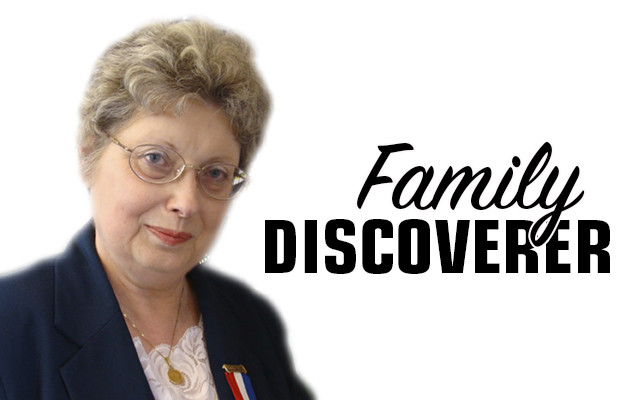
Take indexes with the proverbial grain of salt
All genealogists rely on indexes to locate family members in databases such as the census. It saves browsing through hundreds, if not thousands, of names or documents.
Inevitably, most of us have encountered the problem of not being able to find an ancestor because his or her name isn’t in the index. There are many reasons why this happens. Indexers sometimes have problems reading faded ink, deciphering old handwriting, or simply being unfamiliar with the names in the area they’re indexing. When my husband and I transcribed the vital records of Dover and Foxcroft, I was able to identify several names for him because I was born and raised here and knew the families involved.
Most indexers don’t get to work in towns, counties, or states they know well. It can be hard, so I sympathize, but sometimes nonsensical names get posted, leaving the genealogist to wallow through misspellings and wondering if their ancestor somehow left the planet. For example, I’m still trying to locate an uncle in the 1940 census without success, though I’m pretty sure he stayed right here on earth.
Many of the most popular online sites have faulty indexes. And some of the errors are howlers. For example, I searched for a woman with the married surname Bragg in the Social Security Death Index (SSDI) without success. I finally found her under the name Grogg. I was sure that was a transcription error, but in the interests of being thorough took the time to do a search for anyone named Grogg with no hits. It was a transcription error, with the indexer mistaking the capital B for a G.
Sadly, we can’t do much about indexing errors except post corrections when we uncover them, which will make life easier for other researchers.
When you’re searching for someone you know should be in a particular database, be flexible with how you search and with spelling. It’s best not to tick the “exact” box when you look for names. If you have no luck, try using a wild card, usually a star, and only a few letters of the name such as the first and last. You can get a lot of hits this way but it may be the only successful search technique that gets what you need.
Also, be creative with spelling. Think how a name could be misinterpreted and try some searches, though I admit I never would have thought of Grogg in a search for Bragg. If all else fails you can browse individual records one at a time, though this is an almost impossible task if you’re researching someone who lived in a large city such as New York.
I have faced this issue of missing persons more times than I can count and can sympathize with those of you frustrated after numerous unsuccessful searches. If it’s any comfort, try to imagine how indexers have butchered my Lithuanian surname over the years, not to mention census takers and Yankee town clerks.
Nancy Battick is a Dover-Foxcroft native who has researched genealogy for over 30 years. She is past president of the Maine Genealogical Society, author of several genealogical articles and co-transcribed the Vital Records of Dover-Foxcroft. Nancy holds a MA in History from UM and lives in Dover-Foxcroft with her husband, Jack, another avid genealogist. You can contact Nancy at nbattick@roadrunner.com.